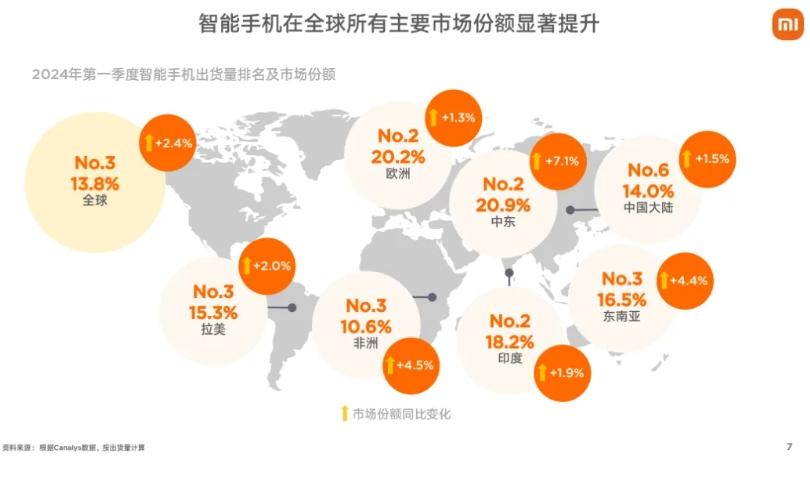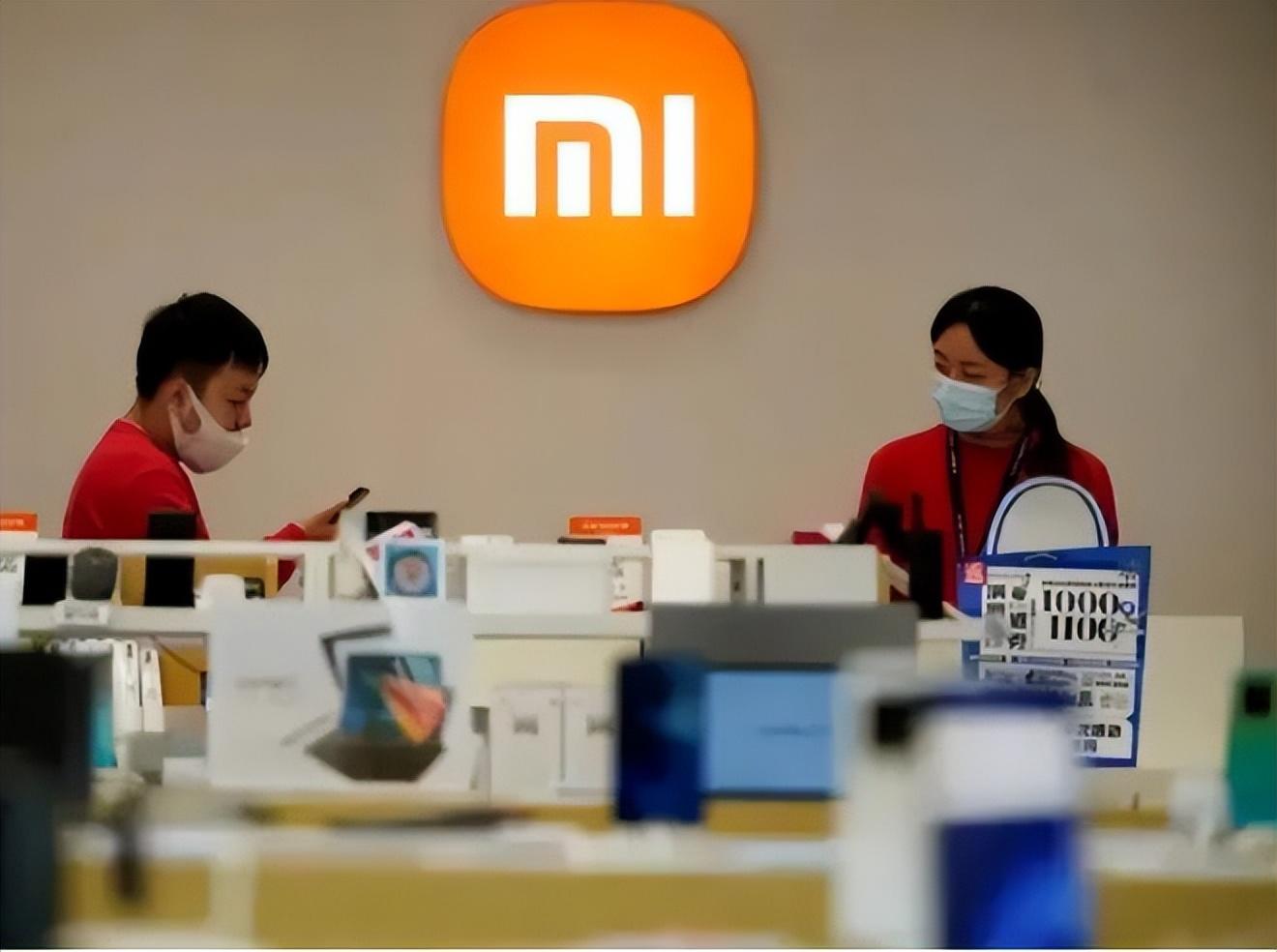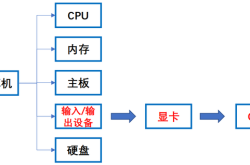As everyone knows, in terms of sales, Xiaomi has already become the best-selling smartphone brand in China. Over the past 10 years, Xiaomi's global sales have reached 1.15 billion units, surpassing Huawei by 100 million units.
In the global smartphone ranking, Xiaomi has been ranked among the top three in the world for 15 consecutive quarters, surpassing all other Chinese brands in sales for 15 consecutive quarters.

However, surprisingly, despite Xiaomi's excellent performance in the global market, its performance in the Chinese domestic market is quite average, generally hovering around the 4th or 5th place in terms of sales in the Chinese market.
Sometimes, if not paying attention, Xiaomi may even be squeezed out of the top 5 in the Chinese market and rank 6th. For example, in the first quarter of 2024, Xiaomi ranked 6th in the Chinese market.
Many people are puzzled. Generally speaking, unless a brand does not sell in its home market, once it sells in its home market, it should perform the best in its home market, followed by overseas markets outside its home country.
For example, Huawei, Honor, OPPO, and VIVO are all like this. It has been statistically shown that over 70% of Xiaomi's sales are in overseas markets, while OV has about 50% overseas, and Honor and Huawei have over 80% in the domestic market.

However, the situation is the opposite for Xiaomi. As shown in the figure above, this is Xiaomi's ranking and market share of its smartphones in major global markets.
As can be seen, Xiaomi's market share in China is 14%, ranking 6th, which is the worst. In other major countries and regions around the world, Xiaomi's performance is better than that in the Chinese market.
Xiaomi ranks second in Europe with a share of 20.2%; second in the Middle East with a share of 20.9%; third in Southeast Asia with a share of 16.5%; second in India with a share of 18.2%; third in Africa with a share of 10.6%; third in Latin America with a share of 15.3%, and third globally.

Why does Xiaomi perform well overseas but poorly domestically? This has a lot to do with the domestic environment.
As Apple CEO Tim Cook once said, the Chinese mobile phone market is the most competitive market in the world, with strong players such as Apple, Samsung, Honor, Huawei, Xiaomi, OPPO, and VIVO all competing in the Chinese market.
There are also brands like Meizu, ZTE, Lenovo, etc., competing in the Chinese market. Xiaomi is blacklisted by many netizens and manufacturers due to its high cost-performance ratio, so it cannot compete with other manufacturers.

Fortunately, Xiaomi did not stubbornly insist on the Chinese market but chose to explore overseas markets. Nowadays, over 70% of its sales rely on overseas markets, and Xiaomi has finally become the best-selling smartphone in China. If Lei Jun had stubbornly insisted on the Chinese market, it would have been disastrous.
Xiaomi's story also tells other mobile phone manufacturers that while the Chinese market is highly competitive, there is still a huge overseas market waiting to be explored. It's time to develop overseas markets.








